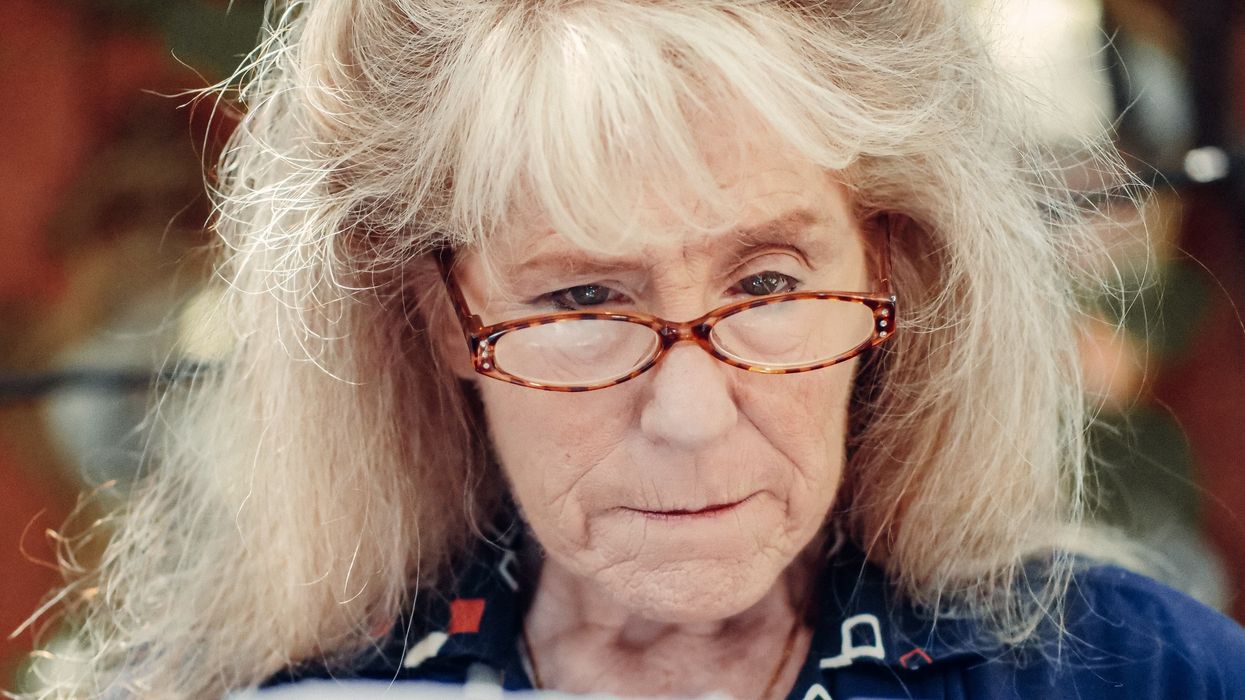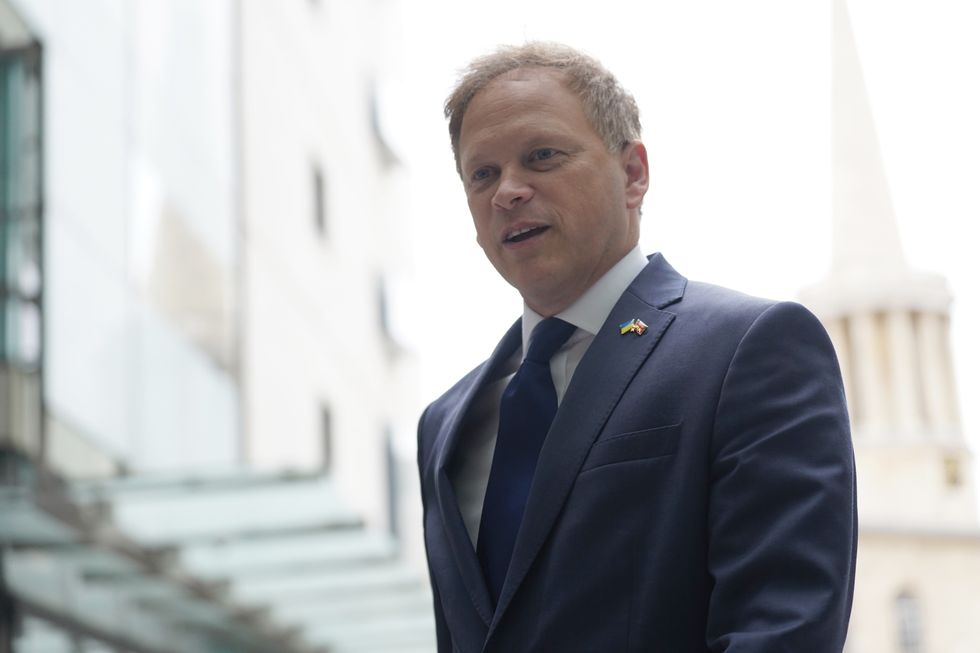'Deeply unfair' inheritance tax could be slashed – what rate cut could mean for you

Inheritance tax could be cut according to reports
|PEXELS

Inheritance tax is often referred to as the UK’s “most-hated tax”
Don't Miss
Most Read
The inheritance tax rate could be cut as soon as next March as the Government tries to win voters’ support ahead of the general election.
A proposal being considered is for the intention to reduce the inheritance tax rate within the Spring Budget in March, setting out a route to abolish the tax in future years, according to reports, leaving many wondering how they could be affected.
Alexandra Milton, partner in the private client team at Moore Barlow, told GB News: “Plans to reduce and then abolish the tax will be welcome by many, but it’s important to remember that only a small number of people pay the tax, with government figures showing that less than five per cent of UK estates are eligible.
"Reducing the tax rate will ultimately reduce the amount paid on a loved one’s estate – which could prove popular among the electorate as we approach next year’s election.
“With billions of pounds expected to be inherited in the years ahead, inheritance tax planning has become more crucial than ever, and it pays to start planning as early as possible.”
WATCH NOW: How HMRC is catching more Britons
She warned inheritance tax is "notoriously difficult" to understand, added: "Often people leave it too late to begin thinking about passing on their hard-earned money to future generations.
How much is inheritance tax?
The standard inheritance tax is currently 40 per cent. It applies on parts of an estate above the inheritance tax threshold – which can be up to £1million for a couple.
The threshold is currently £325,000, although this can be increased to £500,000 if a person leaves their home to their children or grandchildren.
Married couples or couples in a civil partnership can increase their threshold further. If the estate is worth less than the threshold, any unused threshold can be added to their partner’s threshold when the first person dies.
The latest figures, for the tax year 2020 to 2021, showed just 3.73 per cent of UK deaths resulted in an inheritance tax charge.
However, inheritance tax receipts have been climbing recently, hitting a record £7.1billion a year for the 2022/23 tax year.
Jeannie Boyle, director and chartered financial planner at EQ Investors, said inheritance tax has become a mainstream tax on ordinary people, largely due to house price increases but also the threshold being maintained at £325,000.
However, she pointed out that, according to the Treasury, 93 per cent of estates are forecast to have zero inheritance tax liability in the coming years.
Ms Boyle said: “IHT must be paid by the end of the sixth month after the person died to avoid accruing late payment interest.
“The rate for this is 2.5 percentage points above the Bank of England base rate so it has climbed over the past couple of years from 2.8 per cent in January 2022 to 7.75 per cent – this can be difficult for families who don’t have significant cash savings.”
Financial broadcaster and commentator Georgie Frost told GB News: “It’s interesting that a poll shows that this is the most hated tax as when you think actually how many estates pay it, it’s under five per cent.
“But there’s a sense of unfairness.”
Ms Frost warned: “What’s happening at the moment is HMRC are catching more and more people out, and one of the things that is catching them out are other assets.”
Pete Hykin, CEO and co-founder at pensions provider Penfold said: “With talks of the government cutting inheritance tax rates, there could be big changes ahead for many people in the UK.
"If the government does decide to lower this tax, it could mean a lot more money in the pockets of thousands of people who are set to inherit wealth.
“Essentially, more families might be able to keep a bigger chunk of their inherited money or property.”
Mr Hykin suggested it could mean more people invest in houses and the stock market as they have more money, and encourages people to think more about managing their wealth and plan for the future.
LATEST DEVELOPMENTS:

Grant Shapps said inheritance tax is 'punitive' and 'deeply unfair'
|PA
However, he warned there are concerns that an IHT cut could “make the rich richer and leave everyone else behind”.
Mr Hykin added: “It could widen the gap between those who have a lot and those who have little. Plus, with less tax coming in from inheritances, there might be less money for public services and infrastructure, like hospitals and roads.
“So, while a cut in inheritance tax might seem like good news for some, it’s really important to consider how it might affect everyone in the long run, from individual families to the whole country.”
While Downing Street sought to play down the reports of inheritance tax changes, published in the Sunday Times this weekend, a Cabinet minister said the tax was “punitive”.
Cabinet minister Grant Shapps told Sky News: “I think it’s a question for many people of aspiration and people know that there’s something deeply unfair about being taxed all their lives and then being taxed in death as well.”
However, Shadow Paymaster General Jonathan Ashworth told the channel: “We’ve had 25 Tory tax rises… and they’re now saying their priority is an inheritance tax cut for the top four per cent of households.”
The Labour politician added: “This is when they have clobbered hard-working families with 25 Tory tax rises and their decisions have led to mortgages going through the roof.”










